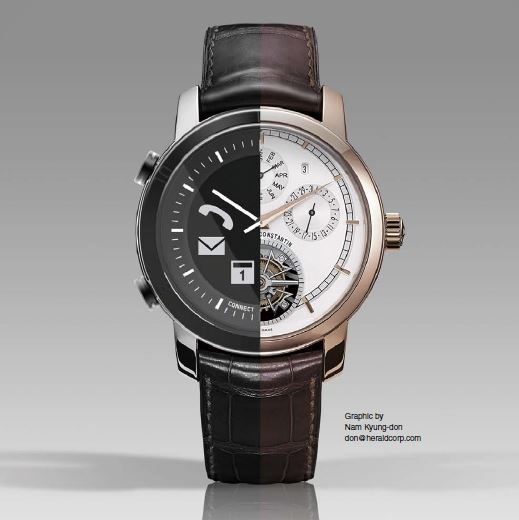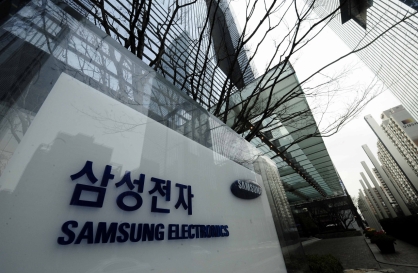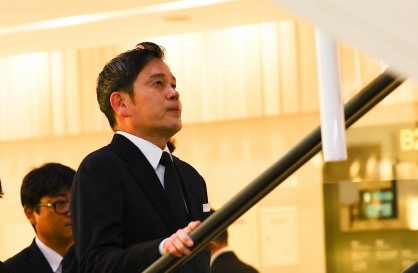The wrist war is steadily heating up.
Watchmakers once downplayed the impact of smartwatches as mostly a gimmick that would not replace classic timepieces.
Now after the highly-publicized debut of Apple Watch, many of them seem to have changed course.
Swatch, the world’s largest watchmaker, has announced plans to roll out its own versions of smartwatches, while luxury brands like Tag Heuer and Breitling are mulling digital watches that still preserve their timeless appeal.
Their renewed commitment to smartwatches may have something to do with the industry’s turbulent history, the so-called Quartz Crisis.

In the 1970s, Japanese companies flooded the market with quartz watches that pushed the Swiss mechanical-watch industry to the brink of collapse.
During the time, its employment fell to 28,000 from a high of 90,000. The industry rebounded as the watch became more of a luxury item.
While traditional watchmakers are going tech-savvy, tech firms are adding the analogue look and feel to their watch devices.
A decade ago, Swatch and Microsoft teamed up to introduce what is believed to be the first smartwatch on the market, the Paparazzi, allowing the wearer access to news, stock quotes and other data via MSN service.
But after a dismal failure of the pioneer product, watchmakers scoffed at the notion of smartwatch.
The wrist war was rekindled in 2013 when Samsung Electronics, the world’s largest smartphone maker, launched its first smartwatch, the Galaxy Gear. The market started heating up, followed by new launches from Google, LG and Motorola.
However, undoubtedly the arrival of the Apple Watch in April provided a new impetus to growth.
According to market research firm Smartwatch Group, the market for smartwatches is expected to explode to $8.7 billion in 2015, compared with $1.3 billion in 2014.
Industry watchers predict smartwatches are unlikely to affect the business of luxury mechanical watchmakers whose products cost $5,000-plus apiece. But for those below the price point, there could be some concerns, they say.
But growing interest in smartwatches by consumers and tech companies would definitely enlarge the market both for classic and digital watches.
“The Apple Watch makes wearing the watch cool again,” said Lee Sung-ha, a 35-year-old copywriter who recently bought an Apple Watch, his first watch after graduation.
A 38-year-old watch enthusiast, Paul Kim, said: “The Apple Watch will be included into my watch collection, but it still cannot replace the exclusiveness of classic watches.”
Amid the wrist war across industries, Korea may be one of the most fierce battlefields as it is a top market for luxury goods, including pricey watches, and is also the home turf of Samsung.
At major department stores, luxury watch sales have more than quadrupled over the past five years despite a modest growth in luxury sales overall.
“Korean luxury customers are considered conservative since they value prestige over technology. The market for luxury watches will continue to grow,” a PR specialist for a Swiss watch brand said of the future competition.
With the Apple Watch becoming a chic fashion item for trend-setter people here, Samsung is also gearing up to lure back customers with its new Galaxy Gear A smartwatch that is planned to be launched in the coming weeks.
By Lee Ji-yoon (
jylee@heraldcorp.com)








